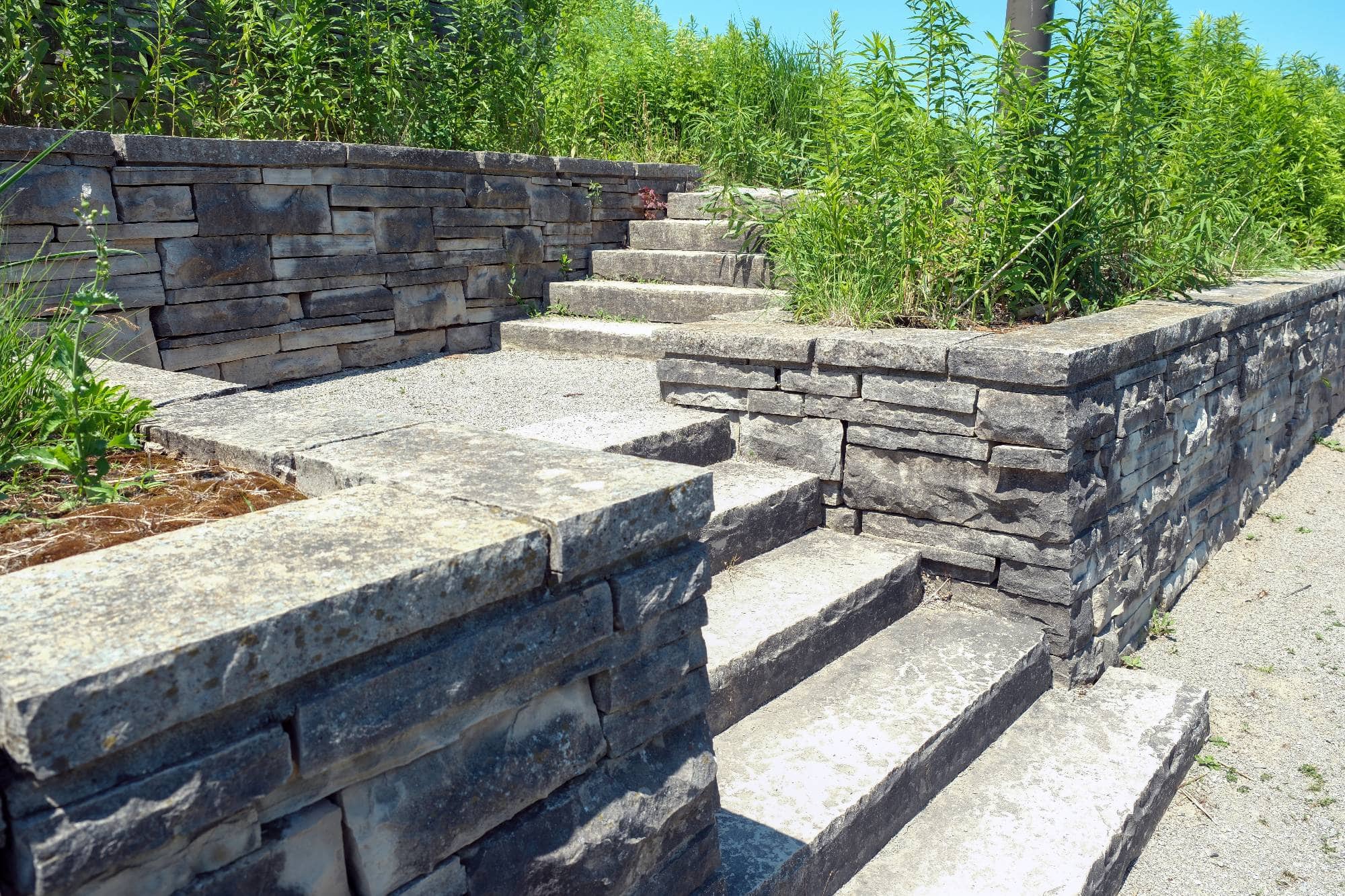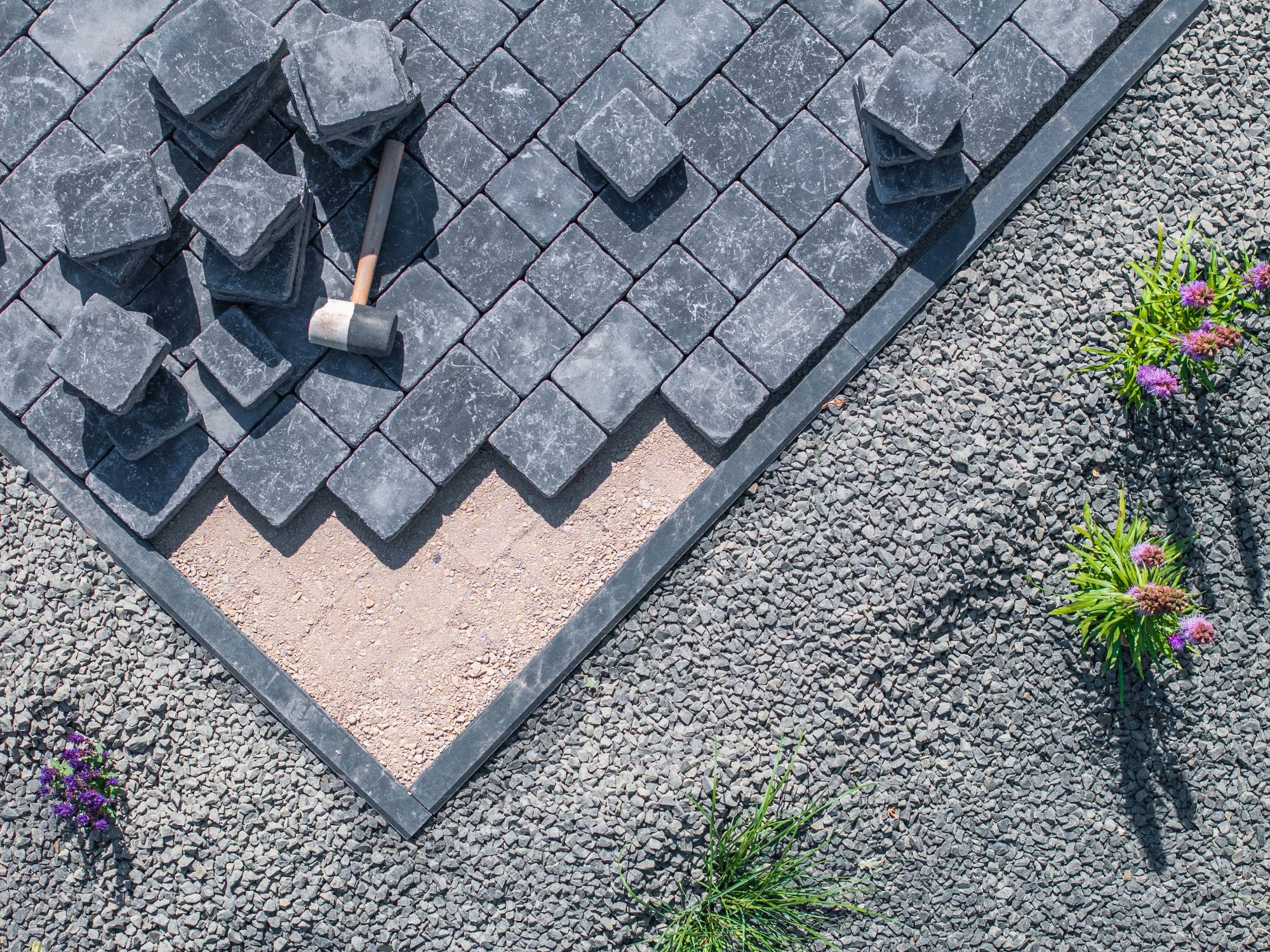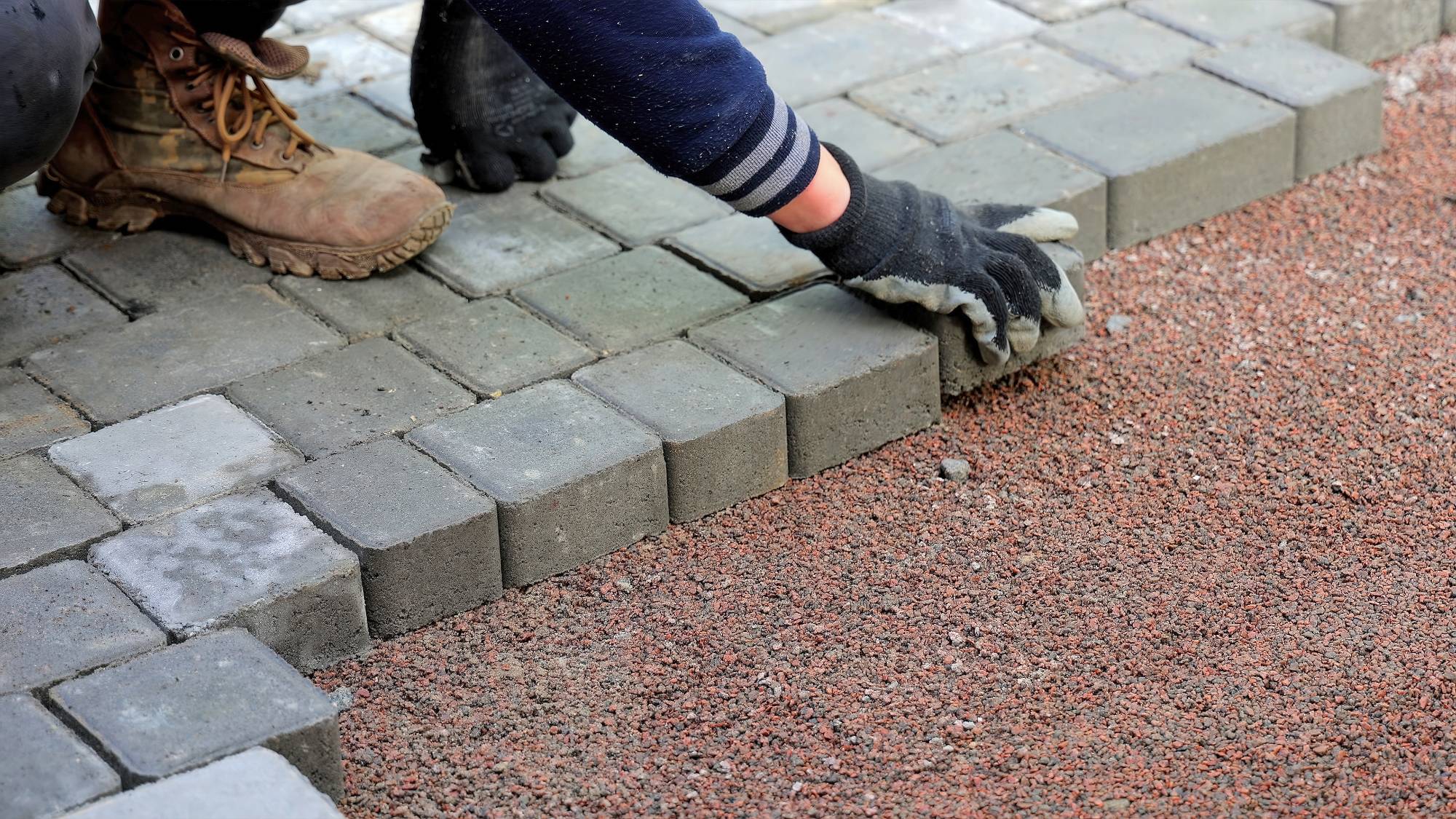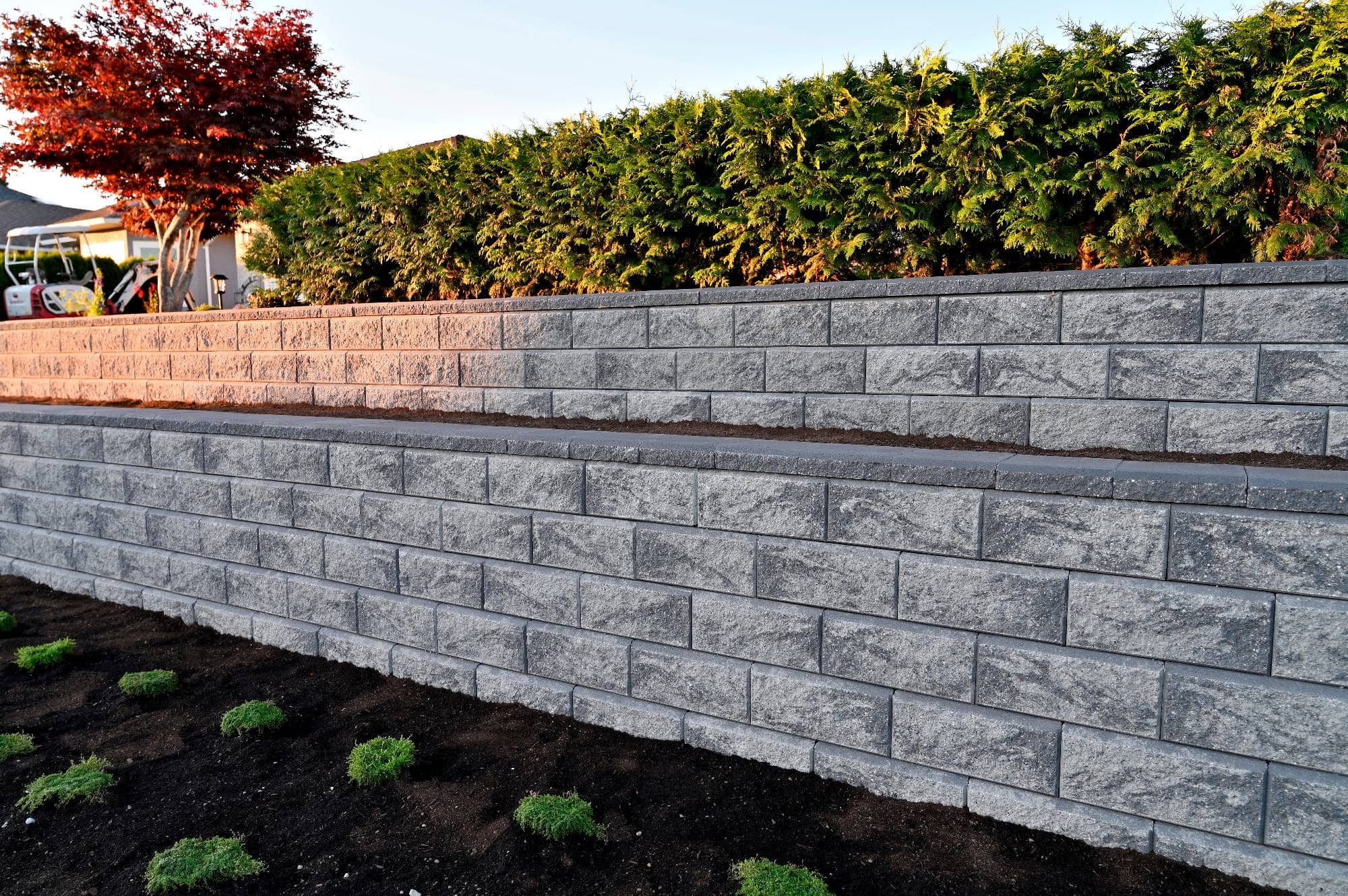Professional hardscaping that solves drainage problems, creates entertainment areas, and handles Rhode Island’s coastal weather without constant maintenance headaches.

Hear from Our Customers

Your backyard finally works for you instead of against you. No more avoiding that muddy slope or dealing with standing water every spring. You get defined outdoor living spaces that actually function—patios where you can host dinner without worrying about uneven ground, walkways that don’t turn into slip hazards when wet, and retaining walls that solve your drainage problems while looking sharp.
The difference comes down to proper installation and materials that can handle Providence County’s unique challenges. You end up with spaces that make sense for how you actually live, not just how they look in photos. Areas where you want to spend time, built to last through New England’s freeze-thaw cycles without cracking or shifting.
We bring over 25 years of masonry experience to every hardscaping project in College Hill and throughout Providence County. We understand stone, brick, and concrete at a deeper level than typical landscaping companies because that’s our foundation—literally.
We know how coastal moisture affects different materials. We understand which construction methods actually survive Rhode Island’s weather patterns and which ones fail within a few years. Our approach emphasizes structural integrity and long-term performance, not just initial appearance.
College Hill homeowners choose us because we treat every project like it’s our own backyard. We show up when we say we will, explain what we’re doing and why, and stand behind our work long after the project is complete.

First, we visit your College Hill property to understand your goals and assess the terrain. We look at existing drainage patterns, soil conditions, and how you want to use the space. This isn’t a quick sales pitch—we’re figuring out what actually needs to happen.
Next comes site preparation, the foundation work most homeowners never see but determines whether your hardscaping lasts five years or fifty. We handle proper grading, base preparation, and drainage systems that prevent future problems. Then we install your chosen materials using proven techniques that account for Rhode Island’s coastal conditions.
The final step is a walkthrough where we explain maintenance requirements and answer questions about your new outdoor space. You get a finished area that’s ready to use and built to handle decades of New England weather.

Ready to get started?
Our hardscaping services include patios using natural stone, concrete pavers, or brick—designed for your specific use and built to handle Rhode Island weather. We build retaining walls that solve drainage issues while creating usable space on sloped properties. Walkways and pathways provide safe, attractive access throughout your property.
We also handle fire pit installations, outdoor kitchen foundations, and custom stone work. Each project uses materials selected for durability in Providence County’s coastal conditions, from freeze-thaw cycles to salt air exposure.
College Hill’s unique challenges require specific approaches to material selection and installation techniques. We factor in local soil conditions, typical drainage patterns, and the architectural styles common in the area when designing your hardscape. The result is outdoor space that complements your home while solving practical problems.
